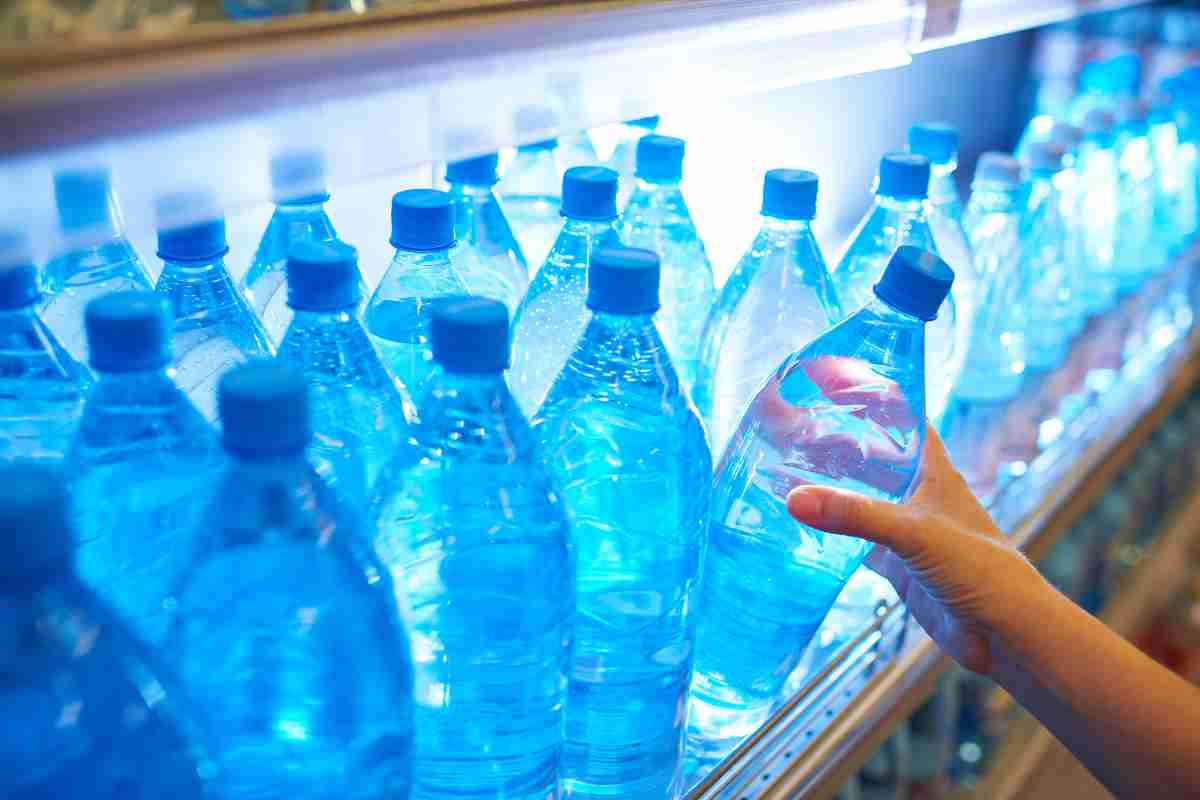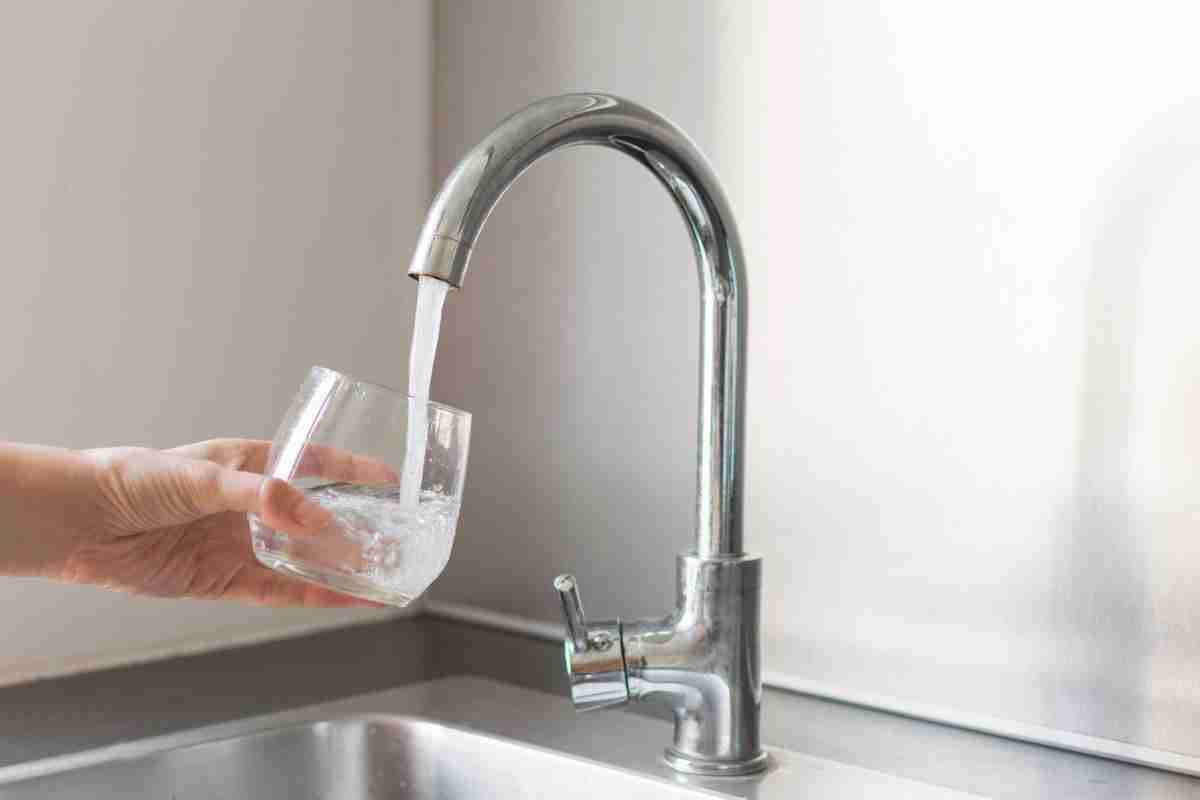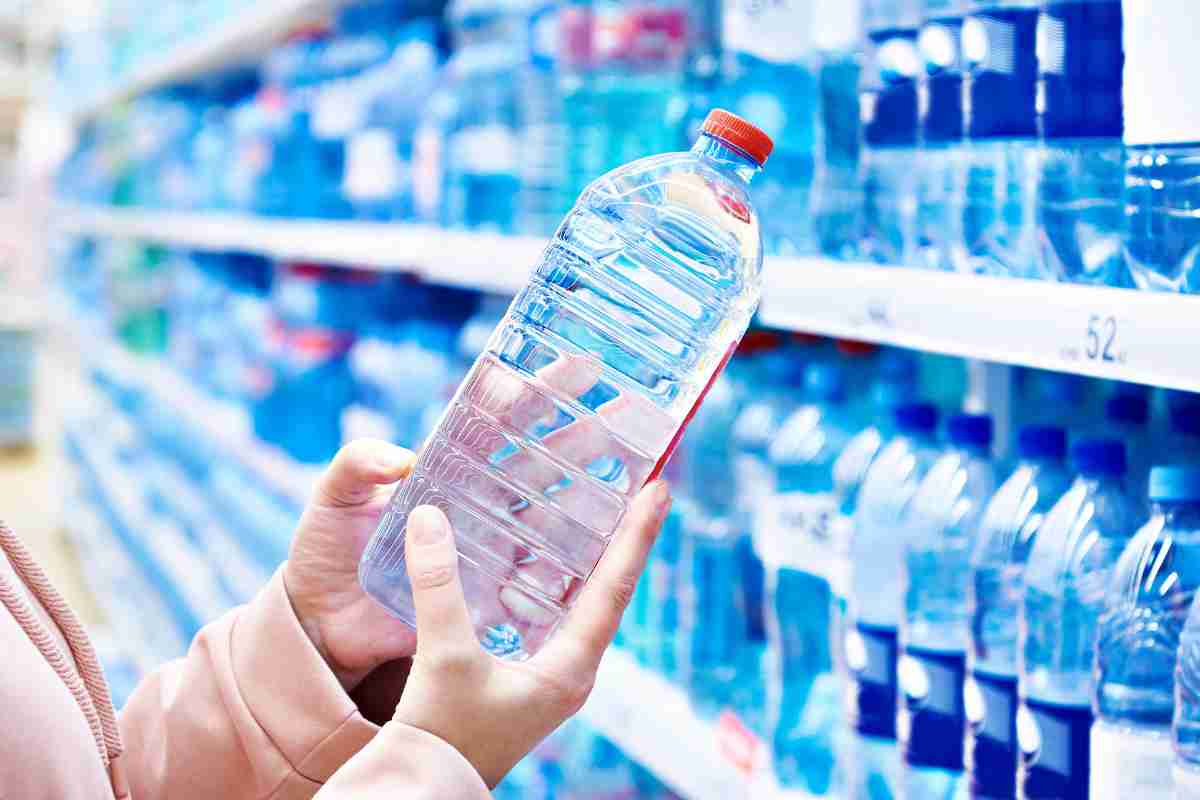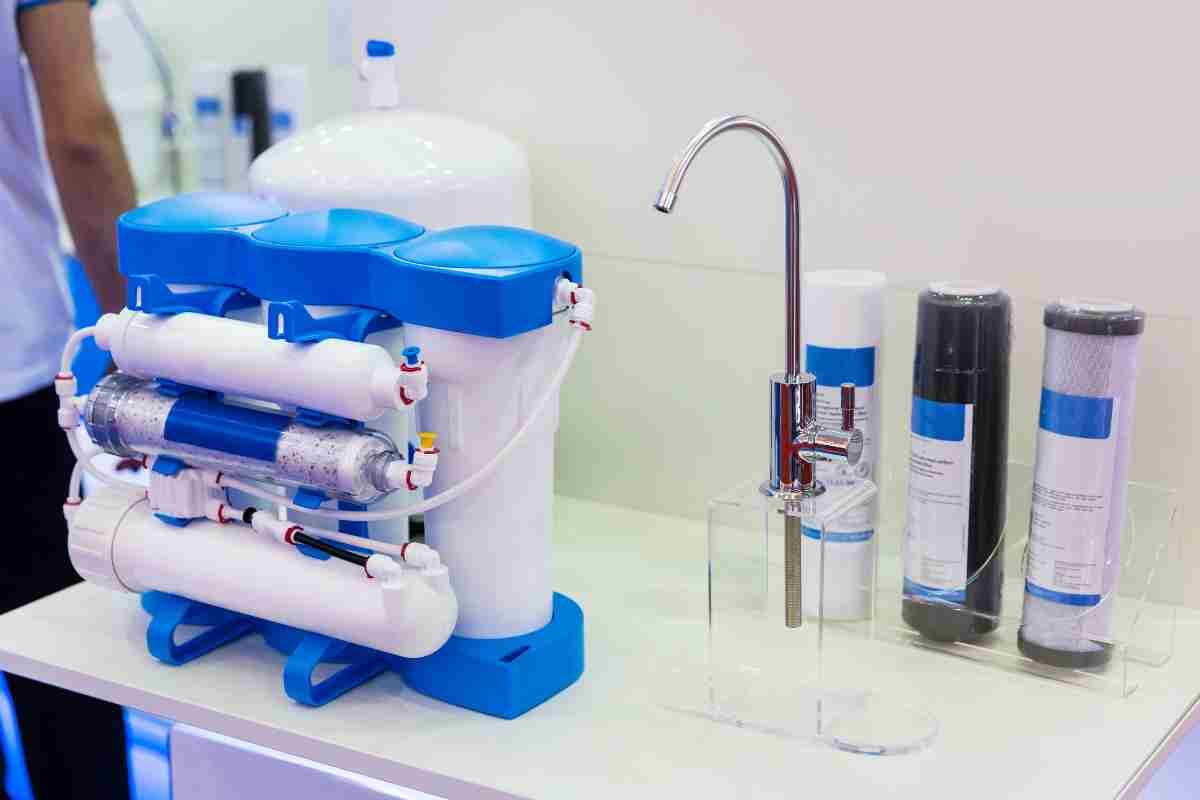What Type of Water Is Best to Drink: Tap, Bottled, or Filtered?
Read our guide to discover the best water to drink—tap, bottled, or filtered. Understand the safety, cost, and environmental impact to make an informed decision.

Water is essential for life, but not all water is the same. Many homeowners are unsure whether tap, bottled, or filtered water is the safest and healthiest option.
While tap water is widely available, bottled water is often marketed as pure. Meanwhile, filtered water offers an alternative that removes contaminants while improving taste.
However, not all water sources are equal in quality. Some contain harmful substances like chlorine, lead, or microplastics, and others impact the environment through plastic waste and carbon footprints.
So, it is important to choose the best water filtration system for your health, budget, and sustainability.
This guide compares tap, bottled, and filtered water based on safety, taste, cost, and environmental impact.
By the end, you will know which option is best for your daily hydration needs.
Tap Water
Tap water is the most common source of drinking water in Canadian homes and offices. Municipal water treatment plants ensure that tap water meets safety regulations before it reaches your home.

How Tap Water is Treated
The water treatment process includes multiple stages to remove harmful contaminants. Water undergoes filtration, disinfection with chlorine or UV light, and mineral balancing to ensure it is safe to drink.
While this process eliminates bacteria and viruses, some concerns remain about residual chlorine, heavy metals from aging pipes, and potential exposure to contaminants like lead.
Pros and Cons of Tap Water
Pros:
- Readily available in homes and public spaces
- Highly regulated for safety by government agencies
- Affordable and cost-effective compared to bottled water
Cons:
- May contain chlorine, lead, or other contaminants from old pipes
- May require additional filtration for improved purity
Bottled Water
Bottled water is a popular choice for those who prefer the taste and perceived purity of bottled products.

It is available in different brands and types (spring water, purified water, and mineral water) and offers convenience, especially for people on the go.
Is Bottled Water Safer?
Many people assume bottled water is cleaner than tap water, but that is not always the case. In Canada, bottled water is regulated, but its source varies—some brands use filtered tap water, while others source it from natural springs.
Moreover, plastic bottles can leach harmful chemicals, particularly when exposed to heat.
Environmental and Financial Impact
One of the biggest drawbacks of bottled water is its environmental impact. Millions of plastic bottles end up in landfills and oceans, contributing to pollution.
Additionally, bottled water is significantly more expensive than tap or filtered water over time, making it a less economical choice.
Pros and Cons of Bottled Water
Pros:
- Convenient and portable
- Often has a consistent taste
- Available in multiple types (spring, mineral, purified)
Cons:
- Expensive compared to tap or filtered water
- Produces significant plastic waste
- Not always safer than tap water
Filtered Water
Filtered water strikes a balance between tap and bottled water, offering improved taste and purity without excessive costs or environmental impact.

Advanced filtration systems remove chlorine, heavy metals, bacteria, and other impurities, improving water quality.
Types of Water Filtration Systems
There are several types of water filtration systems, each designed to address specific concerns:
- Activated Carbon Filters – Remove chlorine, pesticides, and organic compounds that affect taste and smell.
- Reverse Osmosis Systems – Use a multi-stage filtration process to eliminate bacteria, heavy metals, and dissolved solids.
- UV Water Purifiers – Kill bacteria and viruses using ultraviolet light.
- Whole-Home Filtration Systems – Provide clean water for drinking, bathing, and cooking by filtering all incoming water.
Health Benefits of Filtered Water
Drinking filtered water reduces exposure to harmful chemicals, making it a healthier option for families, particularly those with young children or individuals with compromised immune systems.
Unlike bottled water, which can contain microplastics, filtered water eliminates unwanted substances while retaining beneficial minerals.
Pros and Cons of Filtered Water
Pros:
- Removes harmful contaminants and improves taste
- More cost-effective than bottled water over time
- Environmentally friendly, reducing plastic waste
Cons:
- Initial cost of purchasing and installing a filtration system
- Some systems require maintenance, such as filter replacement
Which Type of Water Should You Choose?
Choosing the best drinking water depends on your priorities—health, convenience, cost, and environmental impact.
- If cost and accessibility are your primary concerns, tap water is the most economical and widely available option. However, using a filtration system can improve its safety and taste.
- If convenience is a priority, bottled water offers portability but comes with financial and environmental drawbacks.
- If health and purity matter most, filtered water provides the best balance of cleanliness, taste, and long-term savings.
Investing in a quality filtration system is the ideal solution for those who want a reliable and sustainable water source. It ensures that your water is free from contaminants while being cost-effective and eco-friendly.
Upgrade to Cleaner, Safer Water with WaterMart
Why settle for questionable water quality when you can enjoy fresh, purified water every day?
WaterMart provides advanced filtration solutions that remove harmful contaminants, improve taste, and offer a sustainable alternative to bottled water. Whether you are looking for a simple under-sink filter or a whole-home water purification system, they have the perfect solution to meet your needs.
With over 30 years of experience, they are Canada’s trusted choice for high-quality water filtration. Their water systems protect your health, help reduce plastic waste, and save money in the long run.
Reach out to WaterMart to find the best filtration system for your home or office and start enjoying healthier, safer water.
Conclusion
Choosing the best drinking water is not a one-size-fits-all decision. Tap, bottled, and filtered water each have their own advantages and disadvantages.
While tap water is affordable and accessible, it may contain unwanted chemicals. Bottled water offers convenience but is costly and environmentally harmful.
Filtered water stands out as a superior option, delivering clean and safe drinking water without the drawbacks of the other two choices.
For Canadians looking for a healthier and more sustainable way to drink water, installing a filtration system from a reputable service provider like WaterMart provides long-term benefits.
Ultimately, making an informed choice about your drinking water can lead to better health, savings, and a reduced environmental footprint.




Comments ()